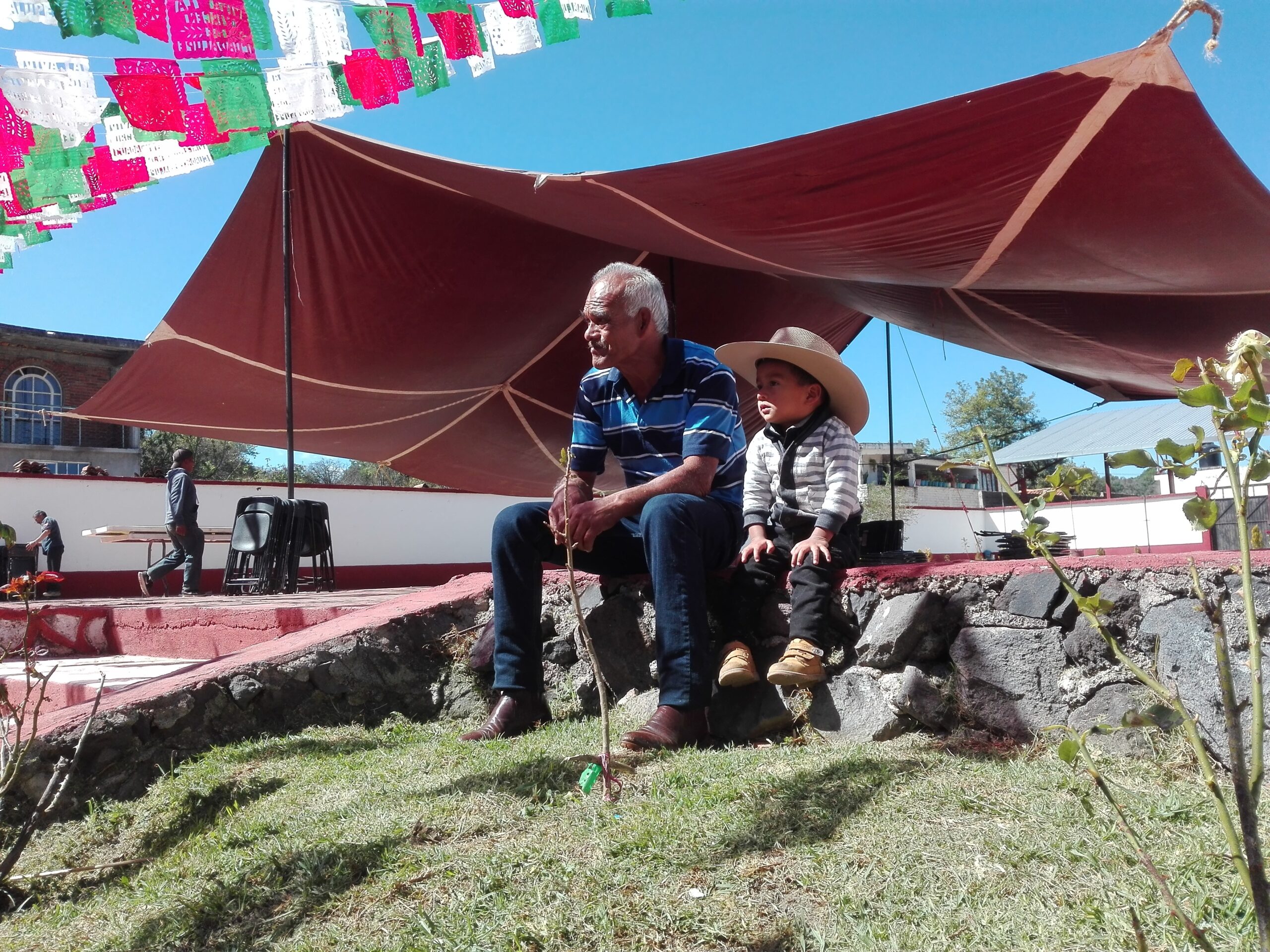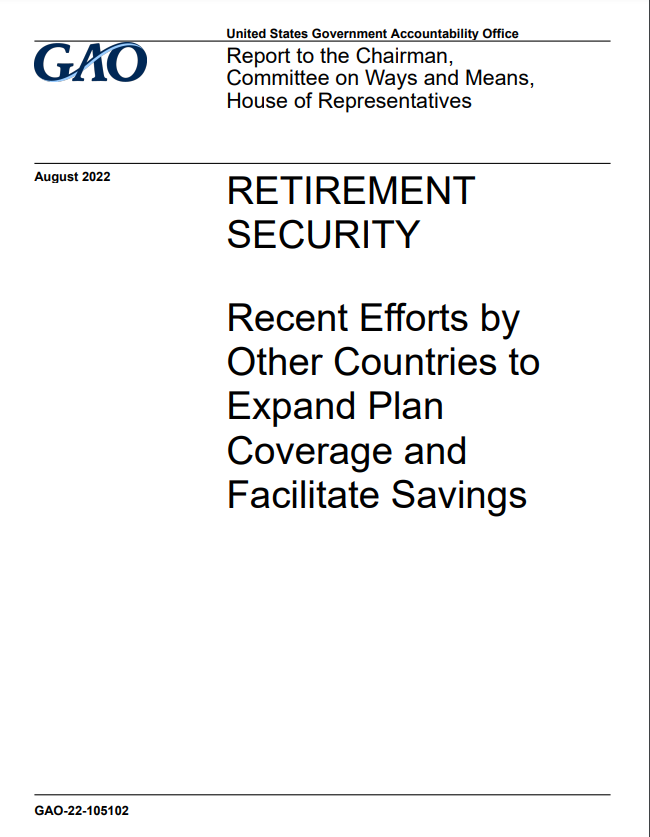Intergenerational Solidarity
By Alan Gutterman Aging is a natural progression of the life cycle and society will always have persons of different ages who need to learn to live alongside one another. One of the most consistent themes in the debate regarding the realization of the human rights of older persons is the need to strengthen “intergenerational solidarity” between and among all levels of families, communities and nations in order to achieve social cohesion and a society for all ages and build...










